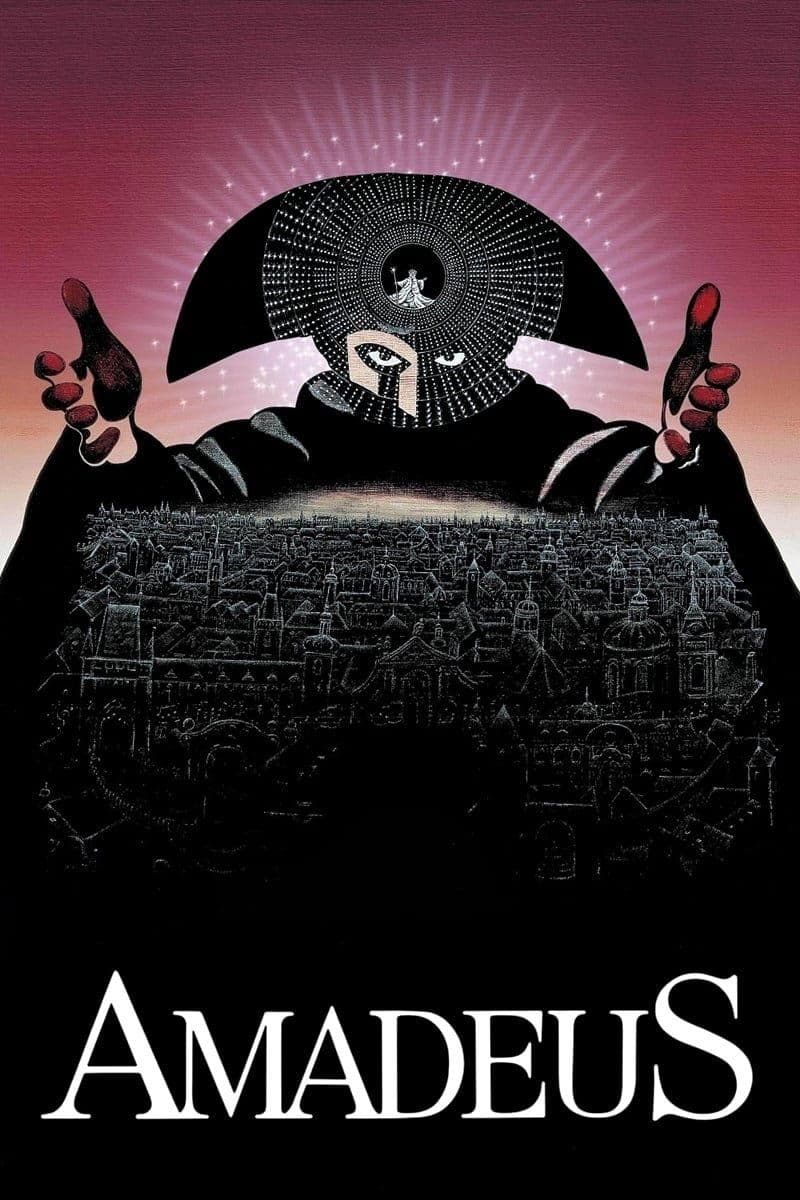
Amadeus
1984
Rate this movie
Average: 5.00 / 5
(2 votes)
Director
A central work of modern cinema, awarded eight Oscars: a refined biographical rhapsody in homage to one of the greatest geniuses humanity has ever celebrated. Amadeus is not merely a glorious biopic; rather, it is a meta-narrative exploration of genius itself, its unfathomable mystery, and its devastating impact on those who, though devoted to art, were not blessed with the same divine spark. A pinnacle of the Seventh Art that, almost forty years after its release, continues to resonate for its thematic audacity and impeccable realization.
The markedly novelistic slant imparted by Peter Shaffer (an English playwright who adapted the film's screenplay from his own stage play) sparked much controversy over the numerous historical inaccuracies in Mozart's biography. But it's a conceit readily granted, indeed, it's a foundational element of its greatness. The film does not aspire to be an academic documentary, but rather a psychological and almost theological drama about envy, grace, and predestination. In synergy with the visionary talent of Milos Forman, a product of the Czech New Wave and a master in portraying complex characters and vibrant social contexts, Shaffer managed to forge a compelling work that moves and captivates from the very first scene. Like other great biopics that dare to redefine historical truth to capture a deeper essence – consider David Fincher's The Social Network, which paints an archetypal portrait of the birth of contemporary genius through the lens of mythology, or Lawrence of Arabia, which sublimes the historical figure into a legendary icon – Amadeus transcends mere biographical facts to touch universal chords about the ingratitude of fate and the cruel inequality of talent.
The story of Mozart's life is narrated through the eyes and mind of his most bitter enemy, the court musician Salieri, who despised Mozart's mediocrity as a man despite an immeasurable admiration for his immense talent, which was inconceivable to him in such a frivolous and boisterous individual. This is the film's pulsating and tragic heart: Salieri's existential and theological crisis. He, a man of profound faith and tireless dedication, who had vowed to God to serve music in exchange for talent, finds himself facing an untenable paradox. How can divine musical splendor emanate from a being as vulgar, uncouth, and childish as Tom Hulce's Mozart, with his mocking laugh and infantile antics? F. Murray Abraham's Oscar-winning performance is a tour de force of restraint and torment, an unforgettable portrait of envy sublimated into obsession, of frustration escalating to vengeance against God himself. It is the cry of a man who feels his own devotion betrayed, forced to recognize the divine hand not in himself, but in his most annoying rival.
The film traces Mozart's major successes, from the triumph of his early Viennese operas, often met with skepticism by Emperor Joseph II's conservative court yet capable of stirring the audience with their irreverent vitality, to the exhausting commitment of his greatest final work: the Requiem. Each composition becomes a character in itself, a sound wave that permeates the screen, often in total dissonance with the wretched circumstances in which it was born. Forman does not merely use music as accompaniment; he integrates it into the narrative fabric, making it a dramatic element that defines the characters and anticipates their fate.
In this regard, perhaps the film's focal point, its most memorable scenes, lie precisely in the sequence where Salieri, assisting Mozart on his deathbed, transcribes the Requiem score dictated by the dying composer. This moment is the culmination of despair and sublime communion. Salieri's contrasting feelings are entirely encapsulated in this scene: disinterested in Mozart and his illness – a human figure who, for him, deserves no empathy – yet immeasurably captivated by his music, so profound, complex, and ingenious that he struggles even to follow its dictation. It is the peak of his torment and, at the same time, his greatest privilege: to touch (and ink) pure genius, to be the amanuensis of an inspiration that transcends the human.
As Salieri diligently transcribes the notes, his brow beaded with sweat from the intellectual effort to comprehend and set down on paper those celestial sound architectures, the powerful "Confutatis Maledictis" Chorus swells in the background. The choice of this piece is not random: "Confutatis maledictis, flammis acribus addictis" – "The accursed confounded, consigned to the fierce flames" – resonates as a divine judgment on Salieri's broken covenant, on his envy that condemned him to an earthly damnation, but also as an echo of his own inner hell. The scene is a symphony of images and sounds, where music is not just diegetic but becomes the very soul of the narrative, the voice of God manifesting through a dying Mozart and the frantic transcription of a damned Salieri.
Amadeus is a triumph of rare refinement, everything is expertly crafted: from Theodore Pistek's magnificent costumes (winner of a well-deserved Oscar, recreating the Rococo sumptuousness and theatrical extravagance of the era with lavish precision), to Paul Le Blanc's makeup (also an Oscar winner, capable of transforming Salieri from an ambitious young man to an obsessive old man). But the visual and acoustic magnificence extends far beyond. Miroslav Ondříček's cinematography, another of Forman's frequent collaborators, illuminates and shapes the grand spaces of Imperial Vienna, often masterfully reconstructed in 19th-century Prague, giving the film an epic scope. Karel Černý's production design immerses the viewer in a vibrant 18th century, amidst opulent theaters and stately homes. Milos Forman directs with masterful flair and dedication, orchestrating an exceptional cast and an imposing production with the precision of an orchestra conductor, shaping not only one of the most beloved films in cinematic history, but a work that continues to make us question the price of greatness and the elusive nature of talent. It is a masterpiece that celebrates music, but above all, probes the human soul in its deepest and most sublime contradictions.
Country
Gallery
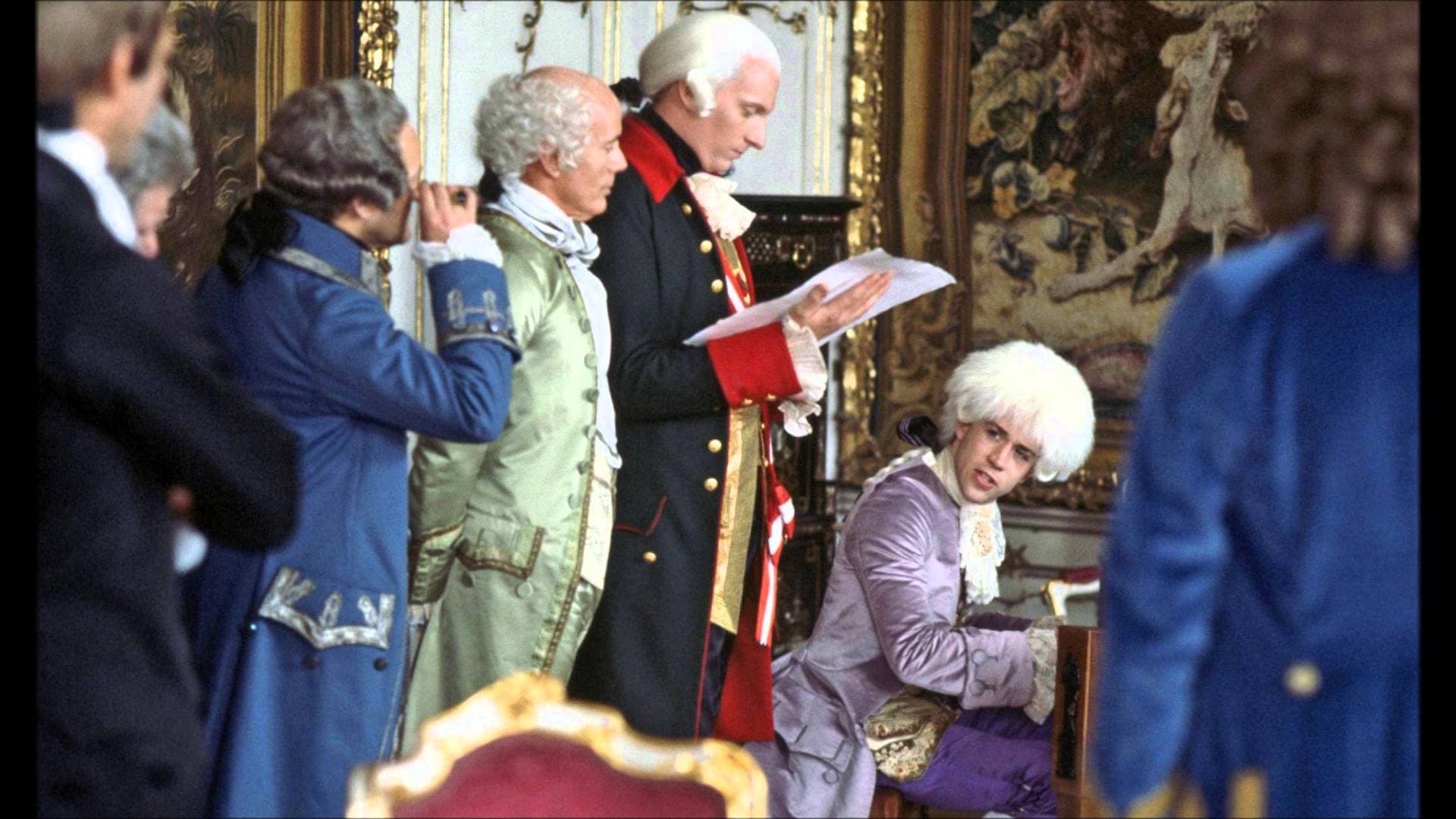
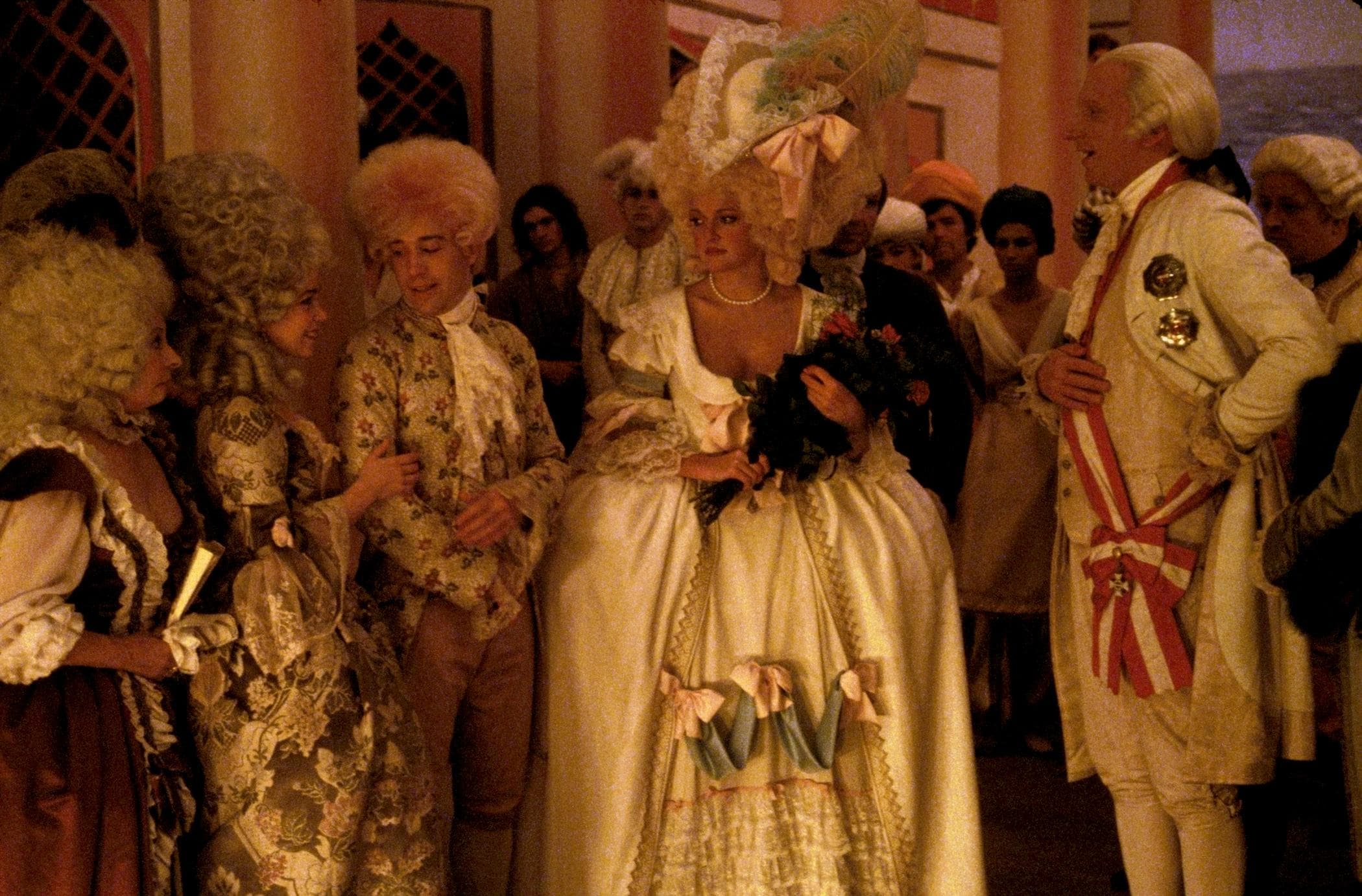
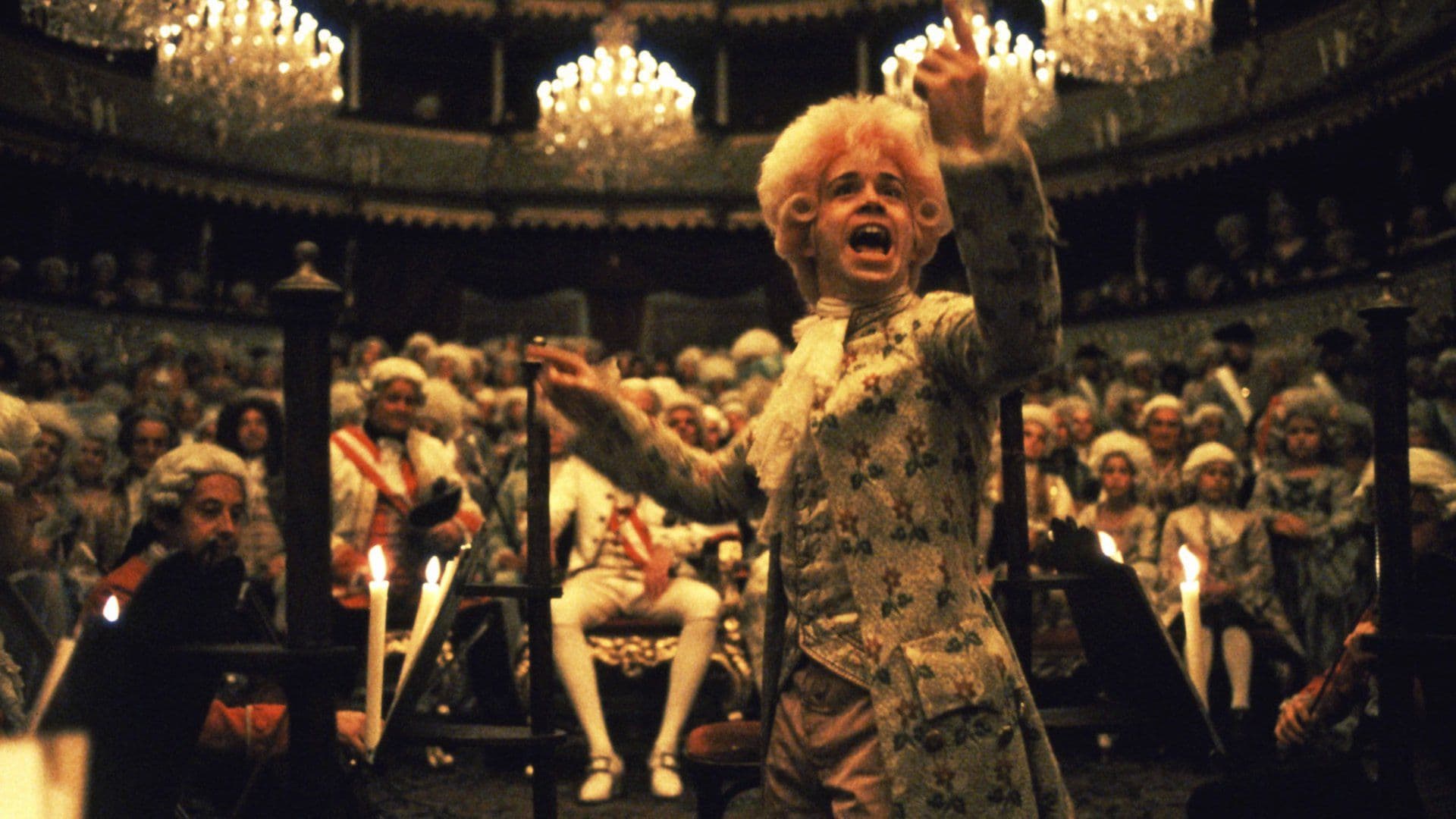
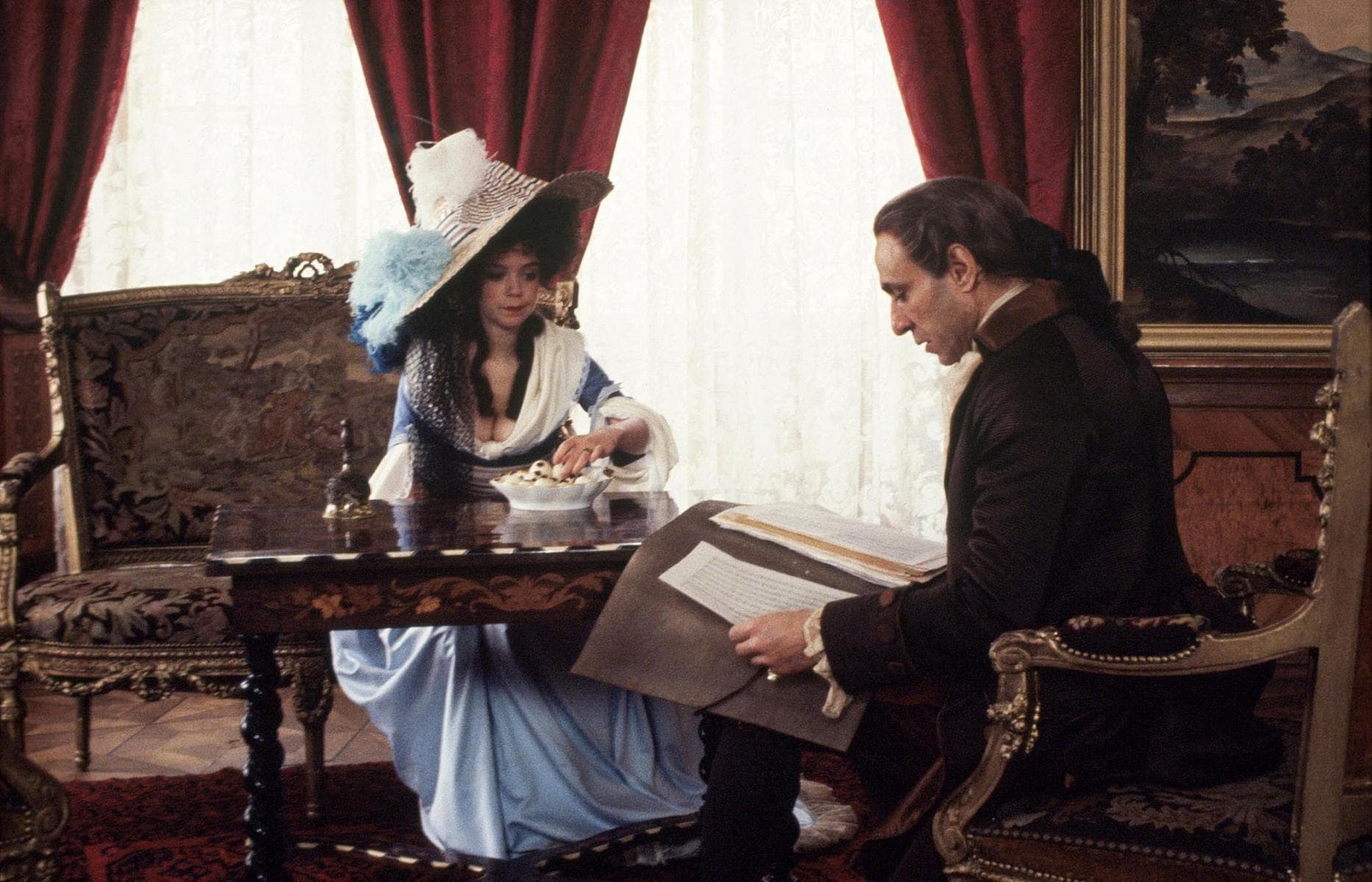

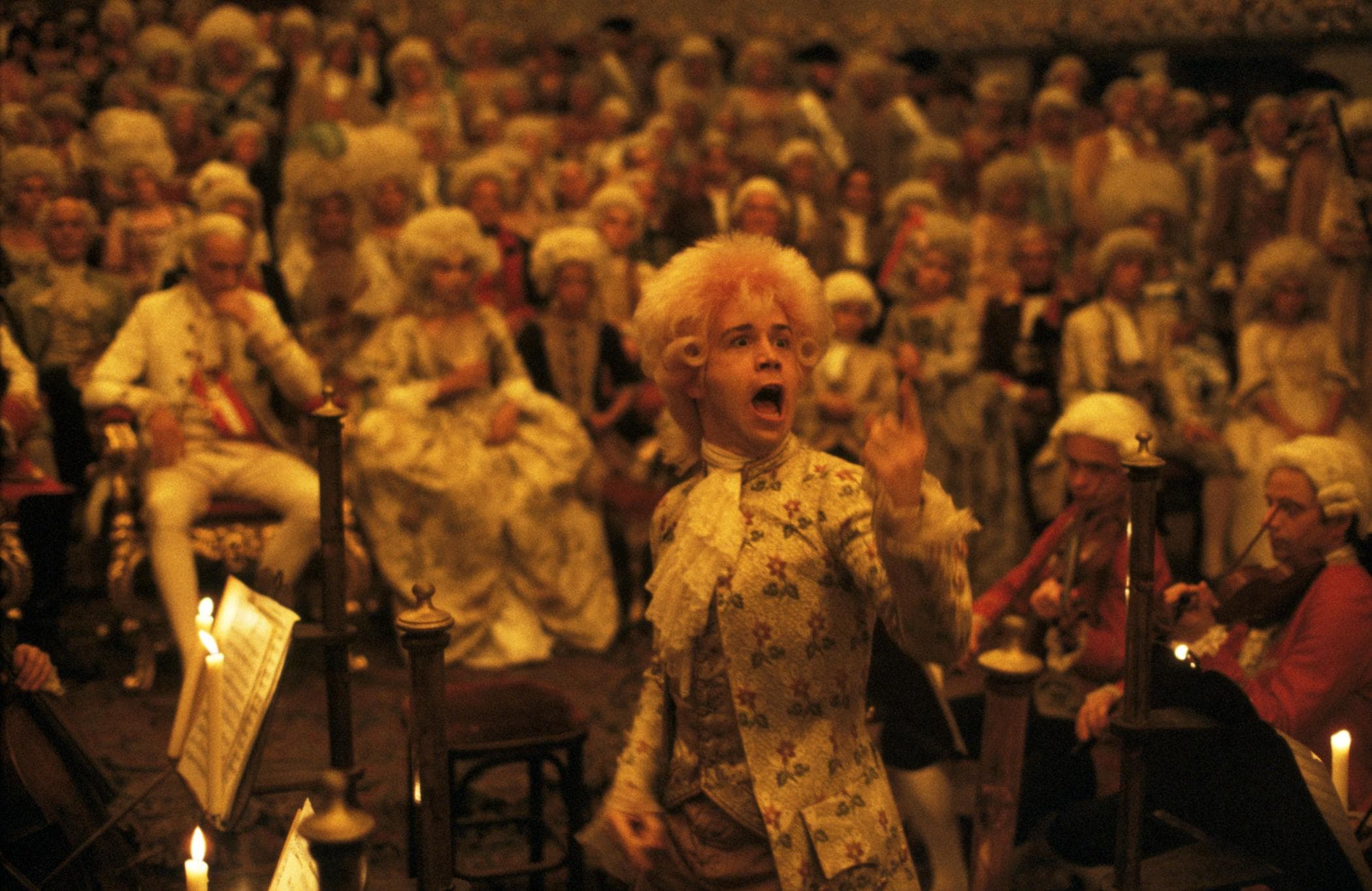
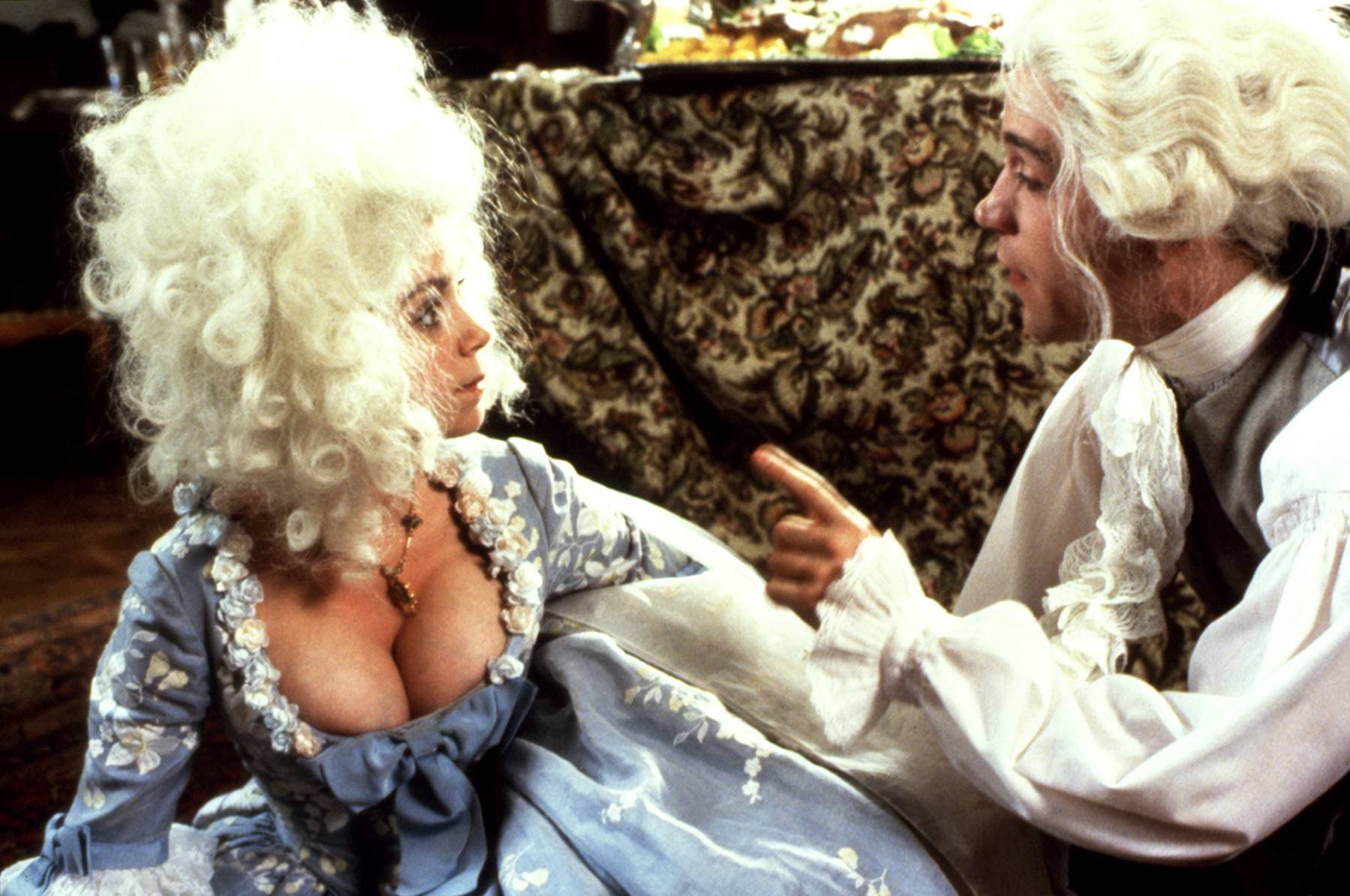
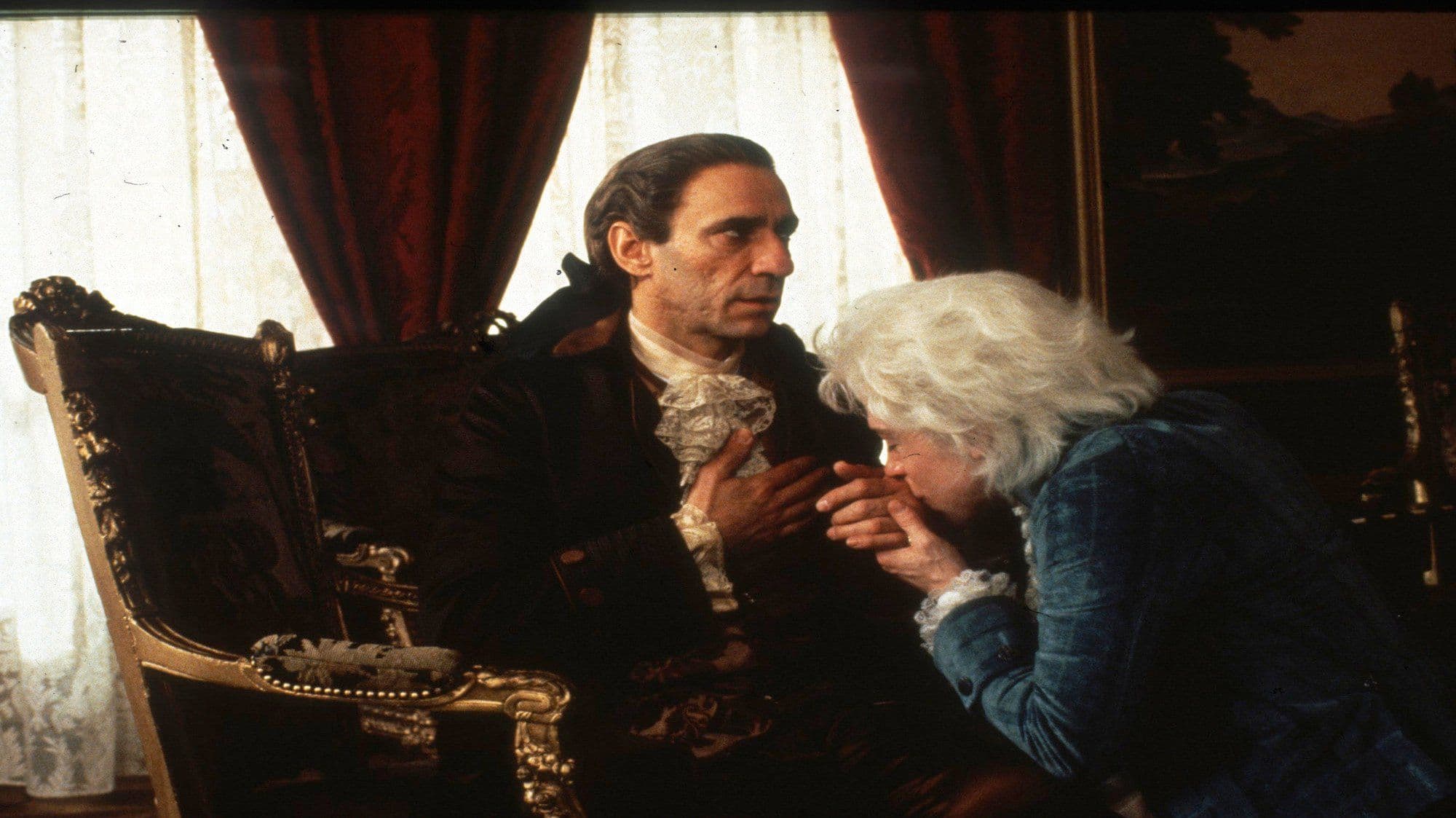
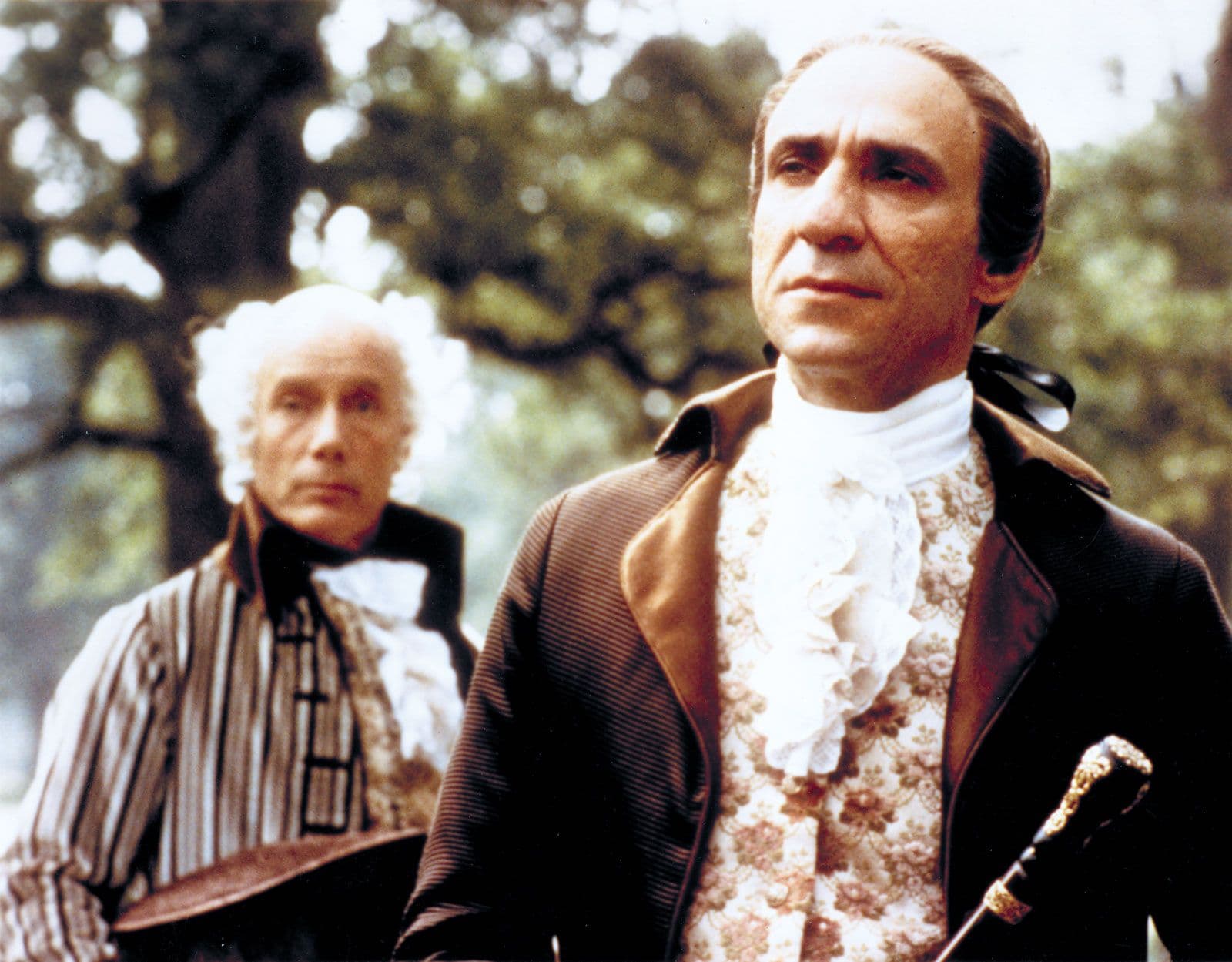
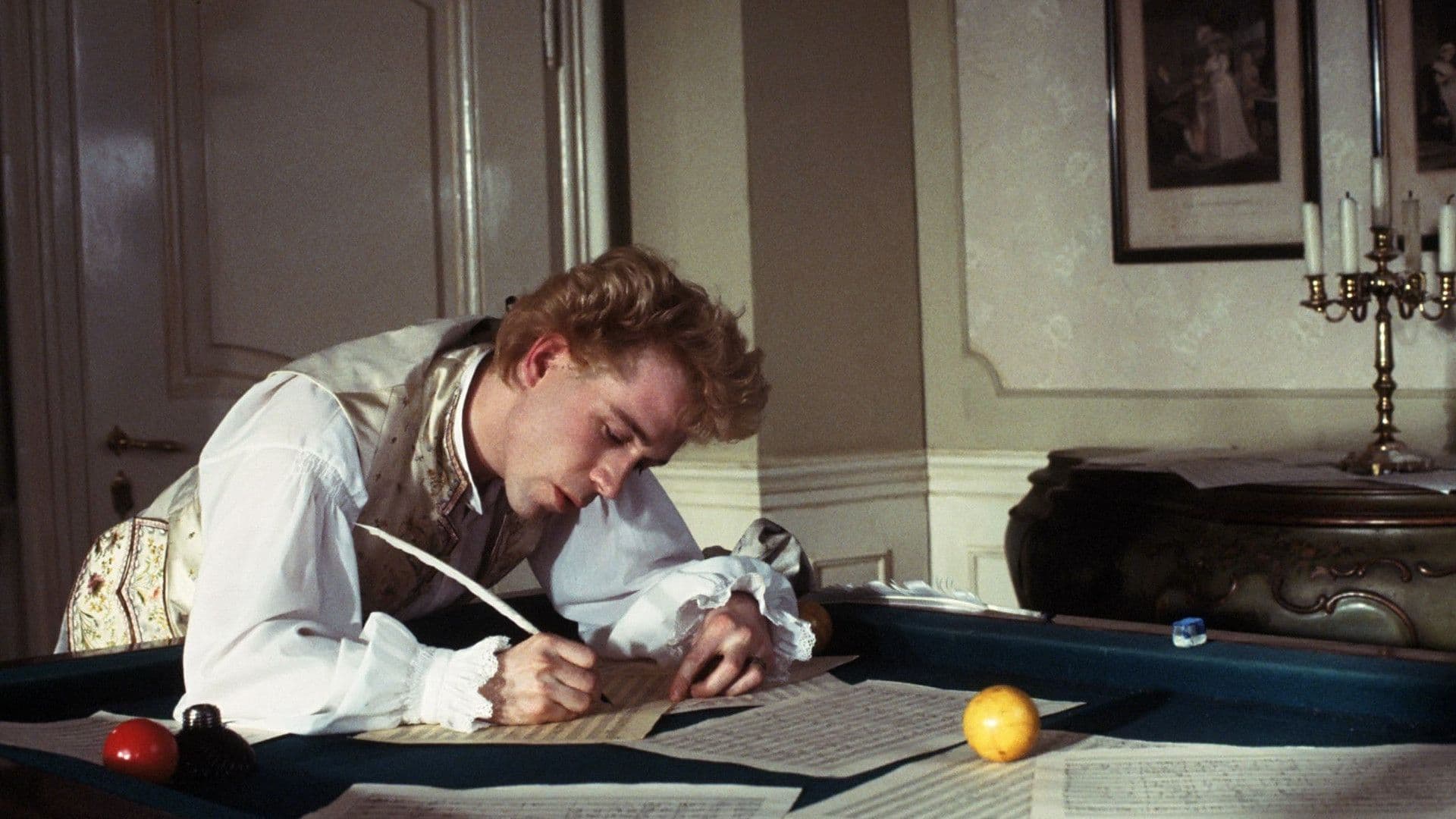
Comments
Loading comments...